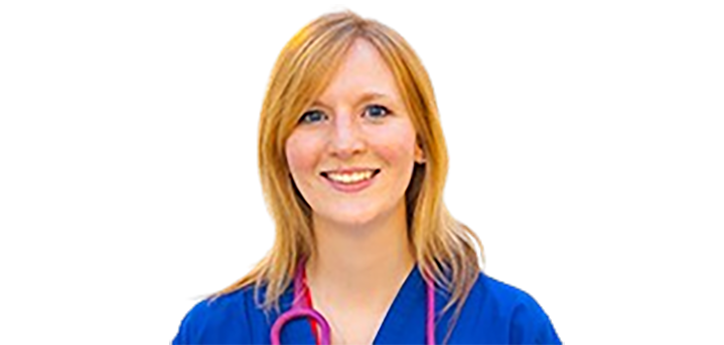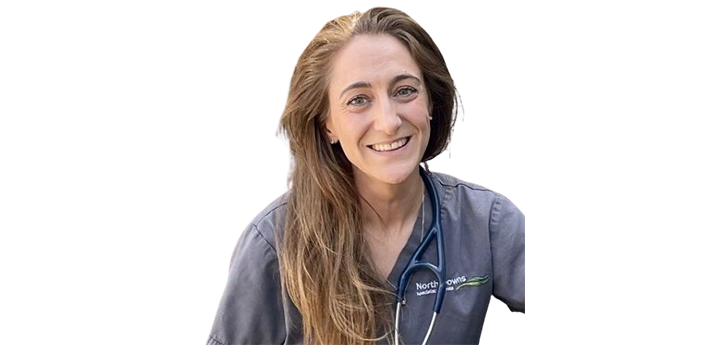Complications of Ear Canal Surgery
- Facial Neurapraxia and Horner’s Syndrome
The main consequence of injury to the postganglionic sympathetic fibers traversing the middle ear is Horner’s syndrome. This condition is reported in 6% of cats prior to surgery and in 27–42% of cats following total ear canal ablation (TECA) with bulla osteotomy; it may be permanent in 14–27% of cases. Among dogs and cats undergoing ear canal ablation, approximately 8% may present with facial nerve paralysis.
- Hemorrhage
Hemorrhage is an uncommon complication, with an incidence of about 3%. When it occurs, it is typically due to injury of the retroglenoid vein, which retracts into the retroglenoid foramen, making ligation impossible. In such cases, hemostasis is achieved by applying bone wax to the foramen.
- Suture Dehiscence
Suture dehiscence is relatively common in dogs following lateral wall resection or when poor surgical technique is employed. Excessive use of electrocautery delays wound healing. When transecting the cartilage, the inner lining of the vertical ear canal may retract, leaving the cartilaginous edge exposed. Consequently, the adjacent skin is often inadvertently sutured to the cartilage rather than to the epithelial lining. This error is a frequent cause of excessive peristomal granulation tissue formation and stenosis.
- Auditory Function
In the advanced stages of chronic otitis externa, auditory capacity is already diminished, particularly in bilateral disease. Dogs with chronic otitis media have a higher likelihood of experiencing hearing loss compared with those affected solely by otitis externa.
Postgraduate in Small Animal Soft Tissue Surgery
Obtain your credential - PgCert. ST Surg. ifevet
Start date
27th September 2025
Modality
Blended
ECTS Credits
30 ECTS credits
Number of modules
12 modules
Number of students
14 students
With our Postgraduate in Surgery
You will learn the same protocols used by board-certified veterinarians and leading veterinarians.
You’ll gain hands-on experience with real clinical cases.
You will develop evidence-based work habits grounded in solid scientific principles.
You will continue to grow professionally as a veterinarian.
SPEAKERS
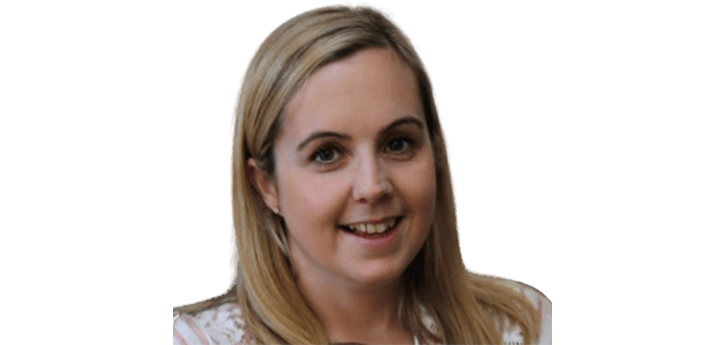
Nicola Kulendra
BVetMed (Hons), MVetMed CertVDI, PGCert (VetEd), DiplECVS FRCVS, EBVS® European Specialist in small animal surgery | Director of Soft Tissue Surgery postgradute course
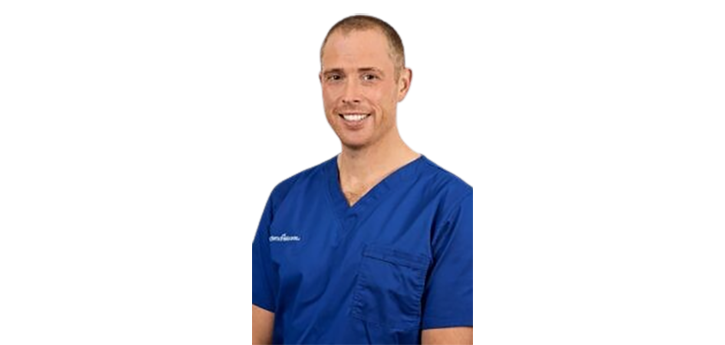
Andrew Phillips
BVetMed MVetMed DipECVS PGCert Vet Ed FHEA MRCVS, EBVS® European Specialist in small animal surgery
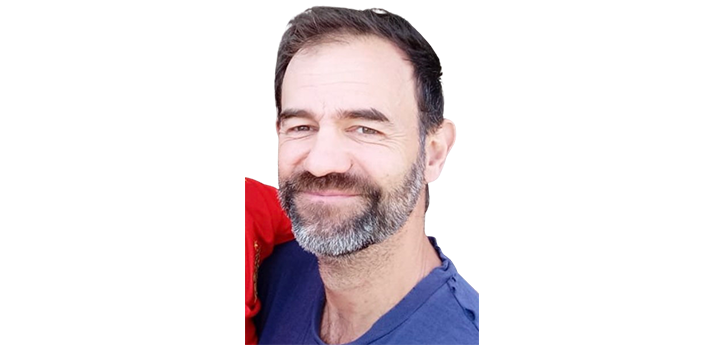
Benito de la Puerta
Ldo CertSAS Dip. ECVS MRCVS, EBVS® European Specialist In Veterinary Neurology And RCVS Specialist In Veterinary Neurology
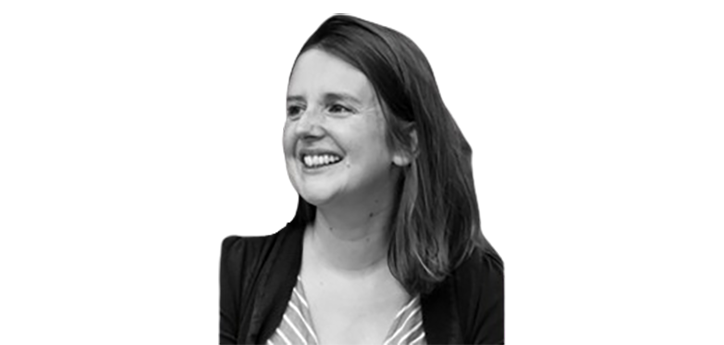
PROGRAMME
Date: 27th September 2025
Modality: Streaming
Competencies and objectives:
- Establish the fundamentals of soft tissue surgery in small animal clinics.
- Understand the justification of antimicrobials and their impact.
- Recognise the most common instruments, suture patterns, knots and suture materials.
- Understand the fundamentals of peri-operative case management including patient stabilisation and pain scoring.
- Establish oncological surgery principles.
- Define the different types of mass excision.
- Recognise the draining lymph nodes to different areas and how to remove them.
Module Summary:
- Halstead’s principles and their application to clinical practice.
- Haemostasis and blood transfusions.
- Theatre checklists and links to outcome in human surgeries.
- How to suture, suture techniques and choosing the correct material.
- How to tie knots, including slip knot and modified Miller’s knot.
- Perioperative antimicrobial prophylaxis and appropriate use of antibiotics.
- Principles of oncologic surgery.
- Wound infections and surgical site infections.
- Patient and surgeon preparation.
- Sustainable surgery.
Speaker: Nicola Kulendra, Heather Williams
Date: 28th September 2025
Modality: Streaming
Competencies and objectives:
- Identify the anatomical features of the larynx and how to perform an arytenoid lateralisation procedure.
- Interpret clinical and diagnostic findings to manage oropharyngeal stick injuries and salivary mucocoeles.
- Define the treatment options for sinonasal aspergillosis.
- Recognise the most common indications for ear surgeries and the decision making behind the techniques.
- Recognise the features of brachycephalic obstructive airway syndrome (BOAS) and the principles of surgery.
Module Summary:
- The nose; rhinoplasty, nasal masses.
- Salivary gland diseases and surgery.
- Management of sinonasal aspergillosis; nasal cannulas and frontal sinus trephination.
- The larynx; laryngeal paralysis, biopsy, laryngeal collapse.
- Ventral neck – exploration for stick injuries, foreign bodies, abscesses.
- Ear – aural haematoma, lateral wall resection, total ear canal ablation and lateral bulla osteotomy, ventral bulla osteotomy.
- BOAS surgery.
Speaker: Zoe Halfacree
Date: 4th October 2025
Location: Presential – Central CPD (The Clinical Skills Lab, 204a Manor Place, Kennington, London, SE17 3BN)
Practical day summary:
- Instrument handling.
- How to suture: intradermals, continuous.
- Different knots: sliding, Modified Millers, Aberdeen.
- How to drain a chest.
- Mila chest drain.
- Oesophagostomy tube.
- Naso-oesophageal feeding tube.
- Urethral catheter.
- Cystostomy tube.
- Gastrostomy tube.
Speaker: Nicola Kulendra
Date: 5th October 2025
Loocation:Presential – Central CPD (The Clinical Skills Lab, 204a Manor Place, Kennington, London, SE17 3BN)
Practical day summary
- BOAS surgery.
- Lip resection.
- Salivary mucocoele.
- Aural haematoma.
- Pinnectomy.
- TECA-LBO.
- Ventral neck exploration.
- Thyroidectom.
Speaker: Zoe Halfacree
Date: 25th October 2025
Modality: Streaming
Competencies and objectives:
- Identify features of the gastrointestinal tract and how to improve the outcome for patients.
- Recognise the diagnostic imaging features of common gastrointestinal conditions.
- Understand common indications for gastrointestinal surgery and surgical techniques.
- Define the underlying causes, diagnosis and treatment of septic peritonitis.
- Understand the pathophysiology of portosystemic shunts and surgical management.
- Diagnose and manage a haemoabdomen and understand the principles behind splenectomy.
- Identify a cleft palate and principles of surgical repair.
Module Summary:
- Factors affecting healing of the gastrointestinal tract.
- How to perform a gastrotomy, gastrectomy, enterotomy, enterectomy, biopsy and rectal eversion.
- Diagnosis and management of gastrointestinal foreign bodies, intussusception and neoplasia.
- Diagnosis and management of septic peritonitis.
- GDV: patient stabilisation, diagnosis and management.
- Colonic surgery.
- Rectal masses.
- Portosystemic shunts.
- Perineal hernia.
Speaker: Andrew Phillips
Date: 26th October 2025
Modality: Streaming
Competencies and objectives:
- Understand the diagnosis and differentials for haemabdomen.
- Identify the blood vessels to the spleen and techniques of how to perform a splenectomy.
- Understand the anatomy of the abdominal wall and types of body wall ruptures and hernias.
- Define the indications and surgical techniques for types of amputations, diaphragmatic and body wall ruptures and hernias.
Module Summary:
- Haemaoabdomen principles and splenectomy.
- Principles of herniorrhaphy including common hernias.
- Diaphragmatic hernias.
- Amputations: digit, tail, front limb, hind lim.
Speaker: Zoe Halfacree
Date: 22th November 2025
Location:Presential – Central CPD (The Clinical Skills Lab, 204a Manor Place, Kennington, London, SE17 3BN)
Practical day summary:
- Exploratory laparotomy.
- Gastrotomy.
- Gastrectomy.
- Enterotomy.
- Enterectomy (simple vs caudal duodenal flexure/iliocaecocolic valve).
- Biopsy techniques (stomach, intestine, liver, pancreas, lymph node).
Speaker: Andrew Phillips
Date: 23rd November 2025
Location:Presential – Central CPD (The Clinical Skills Lab, 204a Manor Place, Kennington, London, SE17 3BN)
Competencies and objectives:
- Diaphragmatic rupture.
- Incisional gastropexy.
- Splenectomy.
- Inguinal ring and principles of herniorrhaphy.
- Amputate digit, tail, front limb, hind limb.
Speaker: Zoe Halfacree
Date: 29th November 2025
Modality: Streaming
Competencies and objectives:
- Understand the anatomy and physiology of the genital and urinary tract.
- Define the techniques for neutering including recent controversies.
- Understand common urinary tract surgeries.
- Identify parameters to diagnose uroabdomen and uroretroperitoneum.
- Differentiate management of different uroliths.
- Understand the pathophysiology of urinary incontinence and how to manage common conditions.
Module Summary:
- Female genital tract: ovariectomy vs ovariohysterectomy, laparoscopiuc ovariectomy, vaginal diseases and episiotomy.
- Male reproductive tract.
- Placement of urethral catheters.
- Diagnostic imaging of the urogenital tract.
- Renal diseases and nephrectomy.
- Ureteric diseases including obstruction and ectopic ureters.
- Cystotomy and cystectomy.
- Management of urolith cases.
- Urethral obstruction and rupture.
- Urethrostomies.
- Urinary incontinence.
Speaker: Lynda Rutherford
Date: 30th November 2025
Modality: Streaming
Competencies and objectives:
- Understand the structure of the skin and how wounds heal.
- Understand how to manage open wounds and to encourage wound healing.
- Define the different types of flaps, grafts and methods of wound closure.
Module Summary:
- Skin structure and different types of wound healing.
- How to manage open wounds and dressing techniques.
- Tension reliving techniques including skin stretching.
- Subdermal plexus flaps.
- Axial pattern flaps.
- Skin grafts.
- Management of specific wounds e.g. burns, airgun pellets.
Speaker: Benito de la Puerta
Date: 13rd December 2025
Location:Presential – Central CPD (The Clinical Skills Lab, 204a Manor Place, Kennington, London, SE17 3BN)
Practical day summary:
- Basic mass/wounds and reconstruction.
- Subdermal plexus flaps
- Axillary/inguinal fold flap.
- Advancement flap.
- H plasty.
- Phalangeal filet.
- Axial pattern flaps
- Caudal superficial epigastric.
- Thoracodorsal.
- Caudal (tail).
- Skin graft.
Speaker: Benito de la Puerta
Date: 14th December 2025
Location:Presential – Central CPD (The Clinical Skills Lab, 204a Manor Place, Kennington, London, SE17 3BN)
Practical day summary:
- Ovariectomy.
- Cystotomy/cystectomy.
- Identify ureters.
- Nephrectomy.
- Colposuspension.
- Urethrotomy/urethrostomy.
Speaker: Lynda Rutherford

We provide ongoing training that ensures the development of veterinary knowledge and skills, allowing you to advance in your daily practice.
Get trained with us
Legal Notice
Contact
- +44 7862 146532
- [email protected]
- From 8.00am to 17.00pm

